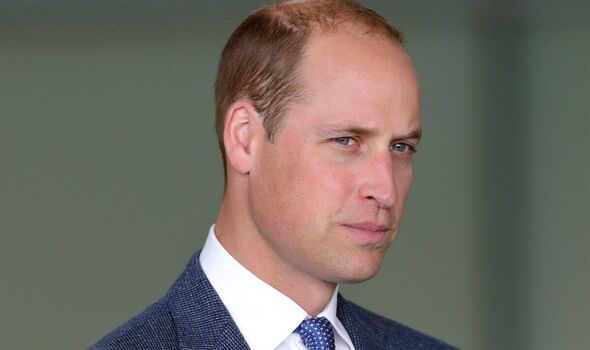A project close to Prince William’s heart is in its final stages and set to materialise soon.
Prince William vows to keep ‘shining’ light on homelessness
Prince William has gone ahead with his plan to launch a 2,500-home ‘garden city’ to tackle the social housing crisis in the UK.
The Prince of Wales is currently taking some time off royal engagements to stand by his wife, Princess Kate and support their three children, Prince George, Princess Charlotte and Prince Louis, whilst she recovers after having abdominal surgery last week.
William has previously said that he believes the country can eradicate homelessness, even though he recognised the challenges that brings.
He told the Times last year: “It’s not insurmountable, this challenge. If anyone does become homeless [we can say], ‘OK, here’s the way back, here’s the pathway’. We can visualise that and we can show people that there is a way to do it.”
The Faversham Project, in Kent, is run by the Duchy of Cornwall and it is thought to create hundreds of jobs on the farmland.
According to the Mirror, the 320-acre plan is near the final stages before the application is signed off by officials with Swale Borough Council, with a decision expected by January 31.
Royal sources described the Faversham Project as “game-changing” however a Tory MP slammed the idea saying the area could be “permanently gridlocked” if thousands of extra homes were built.
Last year, William vowed to focus on ending homelessness around the country.
He said: “There’s a lot of preconceived ideas around homelessness. There’s still stigma, when actually a lot of people don’t understand the fundamental basics.
“We just see the individual on the streets and go, ‘Oh’. Loads of judgments as to why that person is there. You see more elderly people homeless because that’s what we see on the street.”
“What we don’t see is the youth homelessness — sofa-surfing, people sleeping in their cars or on a mate’s bed. A lot of youth homelessness is very hidden.”
The heir to the throne also wants to target youth homelessness.
He claimed: “If you actually sit down and hear from young people why they’re in their situation, it’s like a jigsaw. There are so many pieces that have had to come together or fall apart, that meant they’ve ended up where they are.


